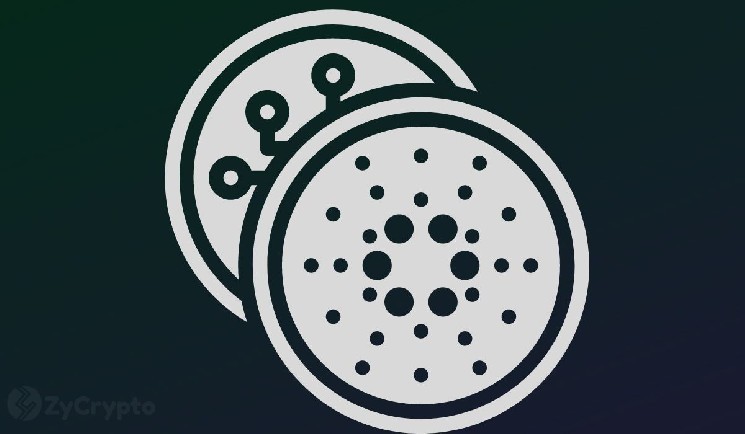Charles Hoskinson, the founder of Cardano, has addressed recent concerns about the network’s governance structure, reassuring ADA enthusiasts and users that development processes will be robust and transparent.
In a March 16 video, Hoskinson responded to FUD about CIP 1694, a new governance proposal that is set to usher in the age of Voltaire to Cardano. Proposed in Nov. 2022, the CIP was intended to introduce a mechanism for onchain governance underpinning the Voltaire phase of Cardano.
The Voltaire era of Cardano will be the fifth major phase of the Cardano blockchain and is expected to lay out the foundations for decentralized decision-making, ushering the network into a self-sustaining system. Thus, CIP 1694 seeks to build on and extend the original Cardano governance with the introduction of a voting and treasury system enabling network participants to use their stake and voting rights to influence the future development of the network.
In the session, the pundit rubbished claims that the proposal was being pushed in a closed private process being controlled by a single entity threatening decentralization after recent meetings by developers on the issue.
“That whole representative democracy thing is basically the voting class that makes decisions of one of the seven governance events and that’s the whole concept of 1694,” said Hoskinson.
“Go above the fray by going to the source of truth…read CIP 1694 yourself. Don’t when you see a tweet, an agent provocateur or when you see a YouTube video of somebody complaining about something,” he added.
Hoskinson went on to explain that the CIP would make the network’s governance system more decentralized by creating more choices for voters. According to him, the point of the proposal was to craft a system that reflects the needs of everybody in that users can choose between voting yes or no, delegating their vote or abstaining.
Recently, Hoskinson was forced to respond to similar claims after Vanessa Harris, a Web 3 advisor, claimed that the CIP-1694 setup was designed to ensure that Input-Output Global (IOG), the developers of Cardano, would continue controlling the project.
According to her, the proposal would give Cardano’s constitutional committee immense powers, which compromises IOG insiders, pitting their governance decisions against those of the network users. In her opinion, it would also be very difficult to replace the committee as a vote of no confidence would require a majority of representatives.
“CIP-1694 is set up such that IOG et al will never lose control over Cardano outside of extreme circumstances. This is just a veneer of decentralized governance,” she said in a March 5 tweet.
Interestingly, Hoskinson quickly dismissed the claim describing it as “categorically false and a great example of how FUD spreads.”
 zycrypto.com
zycrypto.com
